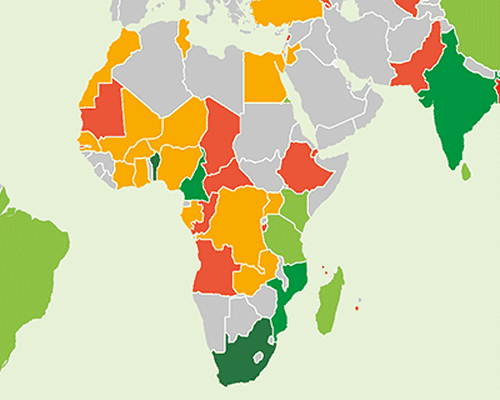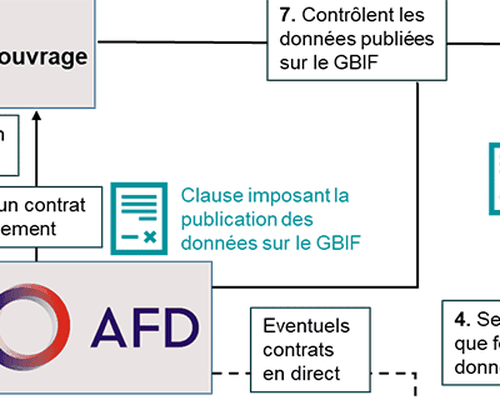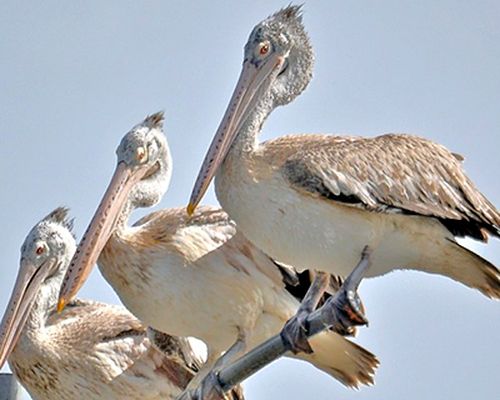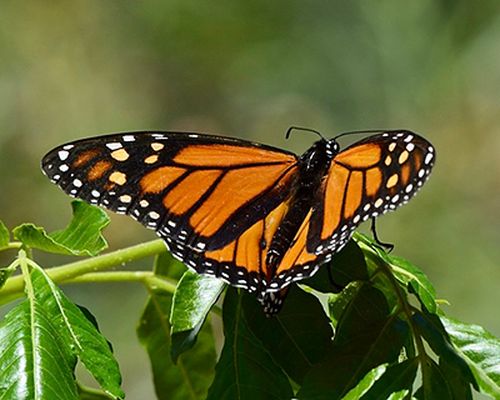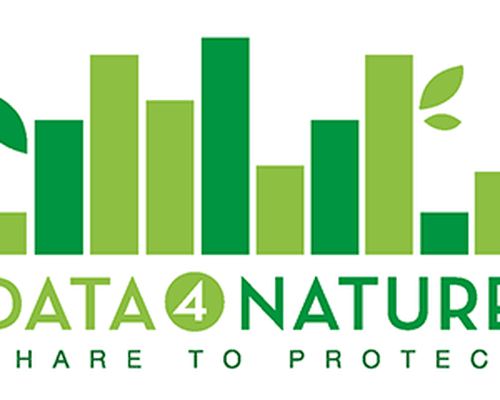Biodiversity loss, climate change and other global-scale environmental problems have made it all the more important to take stock of living things, because only by arriving at a better understanding of the planet can we succeed in protecting it.
The Data4Nature initiative encourages development actors to capitalize on the biodiversity data collected during impact assessments of the projects they support. Such projects collect a substantial amount of data, which is often used only in relation to the projects themselves.
On average, each ecological assessment conducted prior to a development project produces between 500 and 1,000 species occurrence records. One recent estimate suggests that the World Bank, Agence Française de Développement (AFD), KfW Group and the European, Asian and African development banks collect up to 300,000 occurrence records each year. This information accounts for a significant proportion of the biodiversity data gathered worldwide, in particular for countries in the Global South.
GBIF—the Global Biodiversity Information Facility—brings together species occurrence data from its partners and provides anyone anywhere with free and open access to information about all forms of life on Earth. By participating in Data4Nature, development actors can make use of this comprehensive platform and international network to share biodiversity data collected from all over the world for all biological groups.
